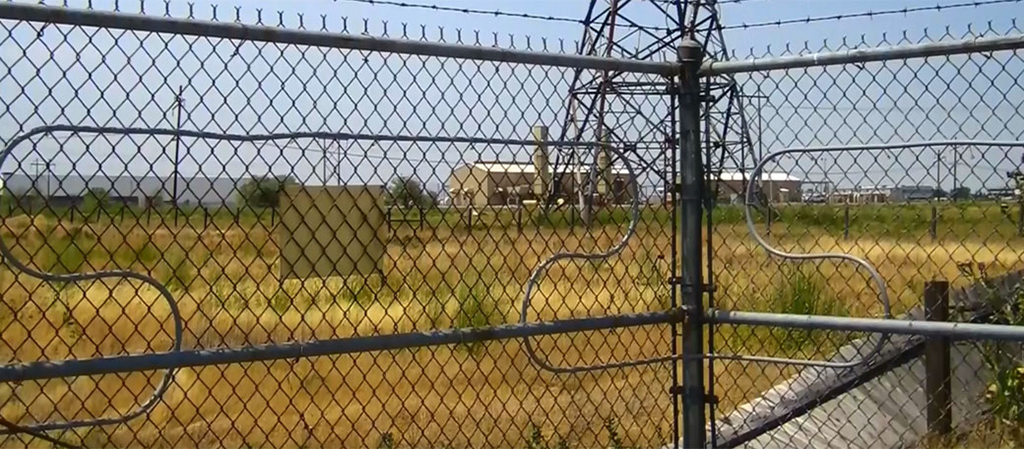How a Fiber Optic Security System Boosts Your Property’s Safety and Monitoring
How a Fiber Optic Security System Boosts Your Property’s Safety and Monitoring
Blog Article
The Ultimate Guide to Fiber Optic Security Solutions for Your Organization
In a period where safety issues are extremely important for services, recognizing the complexities of fiber optic innovation can be transformative. This overview outlines just how incorporating fiber optic security systems not just enhances data defense but additionally uses advantages like resistance to disturbance and real-time tracking capacities. As organizations review their security requires, it ends up being essential to consider the installment procedure and the latest innovations in the field. What certain variables should be prioritized when choosing the ideal system, and just how can businesses ensure they make one of the most informed choices?
Understanding Fiber Optic Technology

The core of a fiber optic cord contains a slim glass or plastic center, bordered by a cladding layer that shows light back right into the core. fiber optic security system. This design ensures minimal loss of signal stamina, also over considerable ranges. There are two key types of fiber optic wires: single-mode and multi-mode. Single-mode fibers are made for long-distance transmission, while multi-mode fibers are ideal for shorter ranges, commonly used within buildings.
Optical fiber are not only faster however also much more safe and secure than conventional electrical wiring. Their intrinsic resistance to electromagnetic disturbance and the difficulty of using the signal without discovery make them a recommended choice for businesses prioritizing data integrity and safety and security. As companies significantly depend on protected and effective communication systems, understanding fiber optic modern technology becomes vital for informed decision-making.
Key Advantages of Fiber Optic Safety
When thinking about safety choices for a business, the benefits of fiber optic systems are especially engaging. Primarily, fiber optic innovation offers exceptional data transmission rates and data transfer capacity, making it perfect for handling high-resolution video feeds from monitoring cams. This capacity makes certain that safety and security personnel get real-time information, enhancing overall action times to prospective security threats.
Furthermore, fiber optic cables are inherently resistant to electro-magnetic disturbance, which can jeopardize the integrity of standard copper-based systems. This resistance makes certain that the information transferred stays safe and secure and nonstop, supplying a more trustworthy safety facilities. In addition, optical fiber are much less vulnerable to physical damages, as they are made from glass as opposed to steel, minimizing upkeep prices and downtime.
Fiber optic systems use boosted cybersecurity functions, consisting of file encryption capabilities that secure delicate information from unauthorized access. Jointly, these advantages make fiber optic safety and security systems a durable choice for organizations seeking to boost their safety measures.
Installment Refine and Factors To Consider
Thinking about the intricacies included, the installment process of fiber optic safety and security systems calls for mindful preparation and implementation. The preliminary step entails a detailed site analysis to identify ideal areas for cabling and tools. This analysis ought to take into consideration environmental factors, existing framework, and prospective vulnerabilities.

Furthermore, the setup must conform with regional building regulations and sector standards. This might include collaborating with different stakeholders such as structure managers, IT teams, and safety workers to guarantee seamless integration with existing systems.
Post-installation, rigorous testing is required to verify system performance and recognize any kind of issues that may arise. By focusing on these considerations throughout the setup process, organizations can make sure a durable and efficient fiber optic safety system that fulfills their details safety and security needs.
Latest Innovations in Fiber Optic Security
Recent developments in fiber optic technology have considerably enhanced the capabilities of security systems for organizations. Among the most noteworthy advancements is the assimilation of fiber optic sensors that can discover vibrations and invasions along the boundary of a facility. These sensing units provide real-time monitoring, allowing rapid response to prospective violations.
Furthermore, the advancement of distributed fiber optic picking up modern technology enables the constant surveillance of big areas with a single fiber cable. This approach not just minimizes setup prices but additionally boosts the reliability of keeping an eye on systems by click removing the need for several, separate sensors.
Furthermore, advancements in multiplexing strategies have enabled services to transfer large amounts of data over fiber over at this website optic networks, boosting the capacities of video clip surveillance systems. High-definition video clip feeds can now be sent over fars away without loss of top quality, making certain that safety workers have access to clear and workable info.
Last but not least, using synthetic knowledge (AI) in conjunction with fiber optic systems is transforming hazard detection. AI algorithms can evaluate data from fiber optic networks to identify unusual patterns or behaviors, enabling for proactive protection procedures. These innovations collectively stand for a significant jump forward in fiber optic safety innovation.
Selecting the Right System for Your Business
Choosing the suitable fiber optic security system for your business is vital for guaranteeing optimal defense and peace of mind. To make an informed choice, examine your certain safety demands, considering factors such as the size of your facilities, the nature of your procedures, and prospective susceptabilities.
Begin by reviewing the level of security called for; as an example, high-risk settings may demand sophisticated systems with integrated monitoring and breach detection abilities. Next, take into consideration scalability; as your service grows, your security system ought to have a peek here can broadening to accommodate boosted needs without significant overhauls.
Additionally, investigate the integrity and performance of various systems. Try to find companies with established online reputations and consumer testimonies that testify to their solution top quality. It's also a good idea to ask regarding the innovation's compatibility with existing infrastructure, guaranteeing a smooth assimilation process.
Conclusion
In verdict, fiber optic security systems offer a durable option for boosting business security facilities. The latest developments further reinforce the effectiveness of these systems, ensuring that organizations remain safe and adaptable in an ever-evolving threat landscape.
Report this page